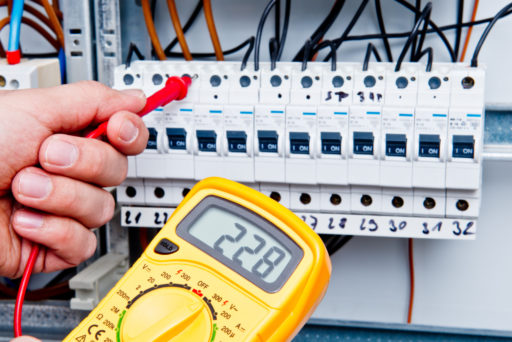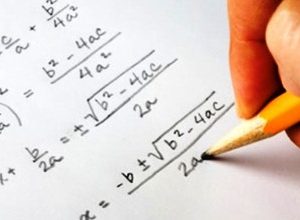Introduction to Electrical and Electronic Principles in Engineering Unit
The modern world relies on electrical and electronic devices, from mobile telephones to jet aeroplanes. Therefore, these devices have had an enormous impact on the way we live today. Without early engineers such as Faraday and Lenz, who studied the then new concept of electricity, many of the inventions we now take for granted would not have been developed. As such, the Electrical and Electronic Principles in Engineering Unit covers these aspects.
The Electrical and Electronic Principles in Engineering unit starts by developing and extending learners’ understanding of fundamental electrical and electronic principles through analysis of simple direct current (DC) circuits. As such, learners are then taken through the various properties and parameters associated with capacitance and inductance. Thereafter, considering the application of single-phase alternating current (AC) theory. Ultimately, the unit will encourage learners to take an investigative approach through practical construction. Furthermore, learners will measure and test circuits and, where applicable, use computer-based circuit analysis and simulation.
For learners wishing to follow an electrical/electronic programme, this unit is an essential building block that will provide the underpinning knowledge required for further study of electrical and electronic applications. For further information, please visit here.
Learning outcomes
On completion of this unit a learner should:
- Be able to use circuit theory to determine voltage, current and resistance in direct current (DC) circuits
- Be able to apply the concepts of capacitance in DC circuits
- Know the principles and properties of magnetism
- Be able to use single-phase alternating current (AC) theory
Where can I contact you if I have questions?
If you have any queries regarding the post above, please contact us here.







Reviews
There are no reviews yet.